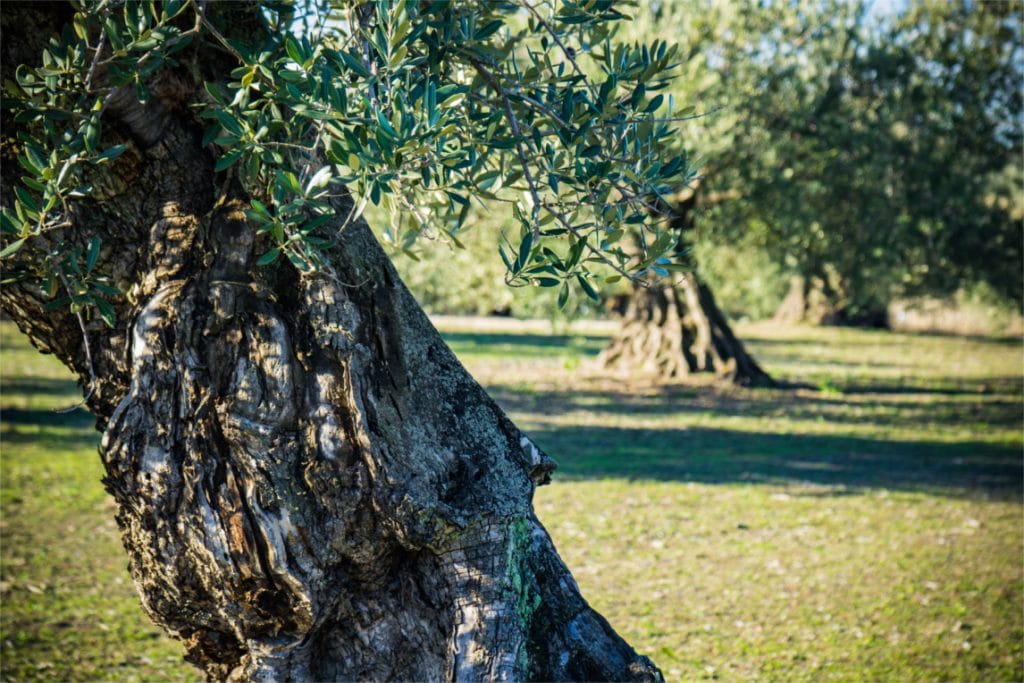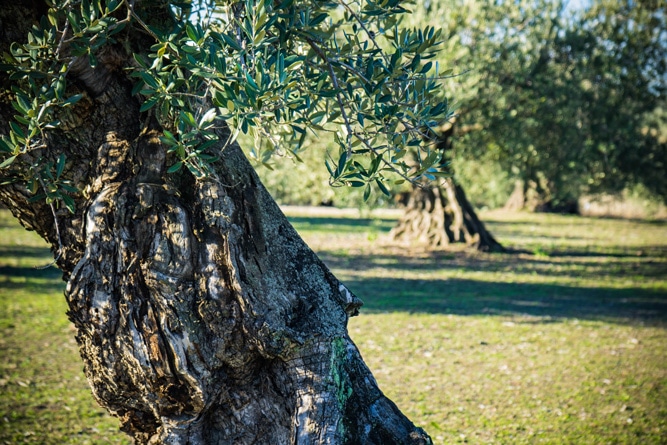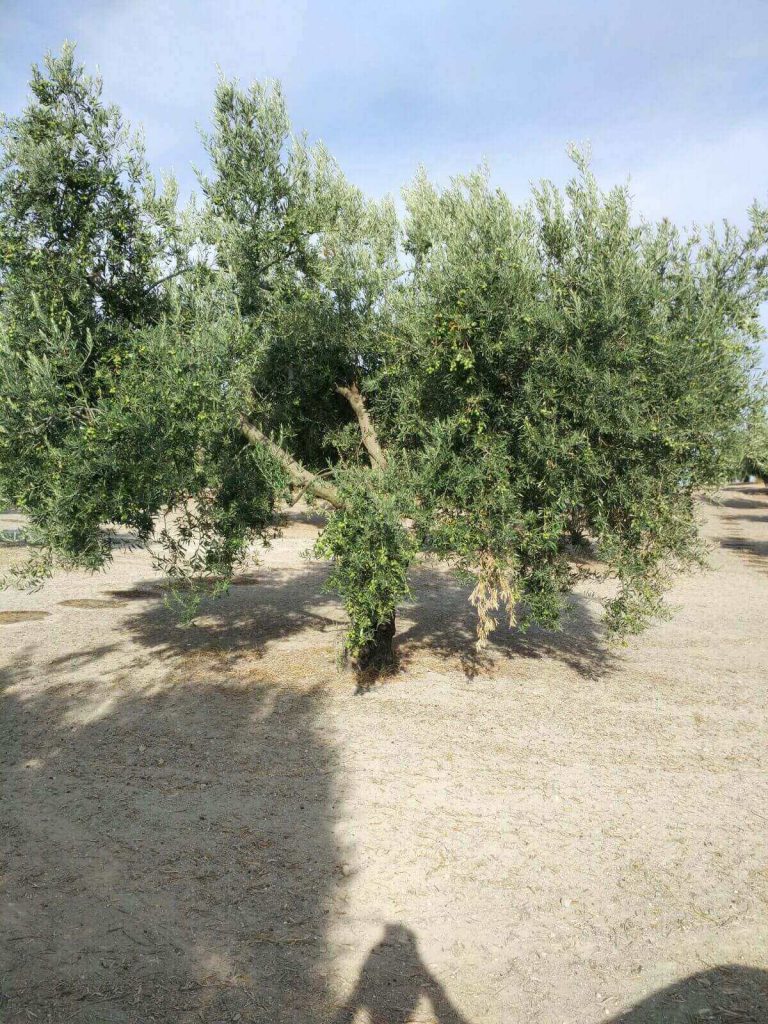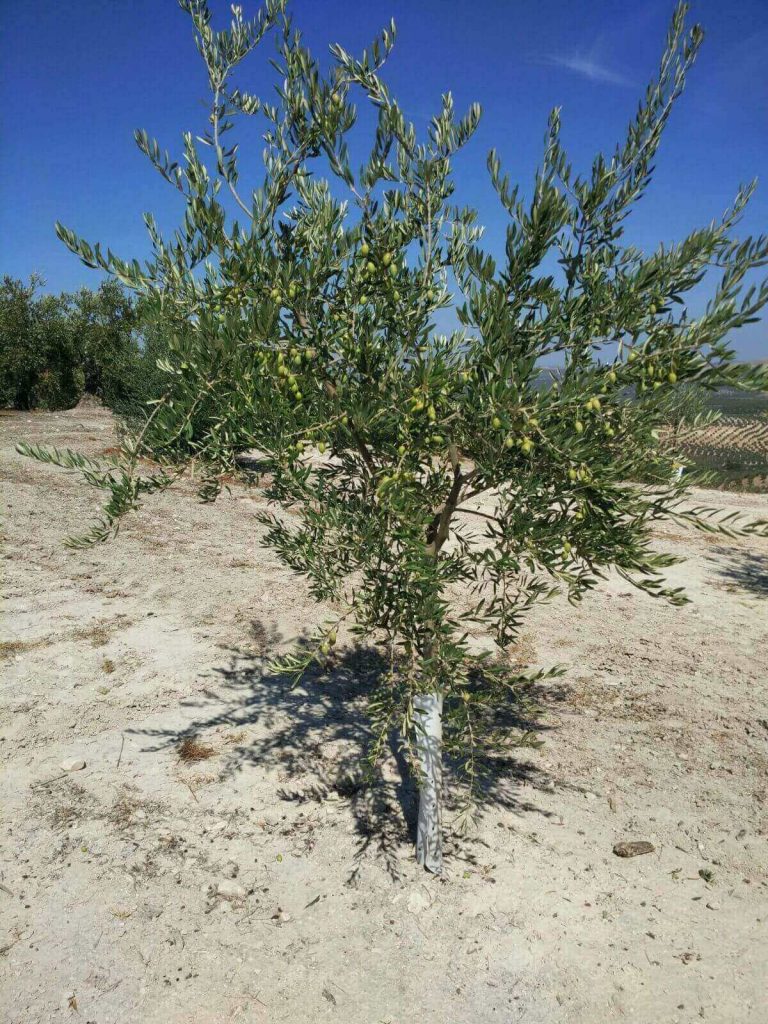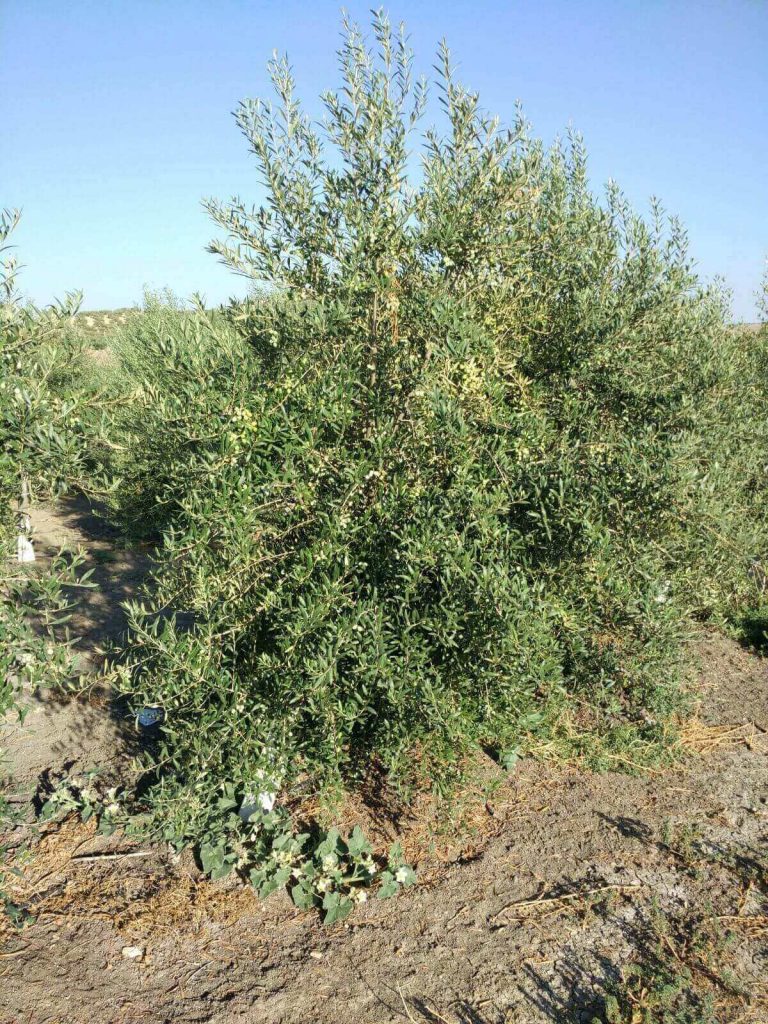For centuries, extra virgin olive oil (EVOO) has been appreciated in the Mediterranean and other parts of the world for its versatility and health benefits. As interest in Mediterranean cuisine grows, EVOO is becoming even more valued for its quality and nutritional advantages.
What are single variety olive oils?
A single variety extra virgin olive oil (EVOO) is produced with olives from a specific olive tree. For example, 100% Arbequina olives are used to make Arbequina EVOO, and Picual EVOO comes only from Picual olive trees.
Single variety EVOO is also the same as monovarietal or single origin EVOO.
Monovarietal EVOO is so specific that the care and growth of all olive trees are so important for harvesting. Many factors could affect the quality and taste of EVOO, such as the ripeness of the olive for the olive harvest or if the bad olives were not removed for the oil extraction process.
Although all EVOOs in the market have certain similar characteristics, such as going through the same extraction process, each olive variety has a unique and interesting taste and nutrition profile.
What is the difference between single origin and blended olive oil?
Blended olive oil is just another type of EVOO, also known as coupage olive oil. It is made up of at least two or more olive varieties, while single origin olive oil is made up of one type of olive.
If you purchase a bottle of extra virgin olive oil and it does not state the name of the olive variety, you can safely assume that it is a blended oil. Many EVOO brands make their products stand out by mixing olive varieties, creating their ‘secret recipe’. Some EVOO products are made up of a random mix of olive varieties, depending on what is available and the cost price.
Unlike single variety extra virgin olive oil, brands that produce blended oil do not have to rely heavily on a particular olive type.
Therefore, the price of each single origin olive oil is highly dependent on the demand and oil yield for that year. In addition, the price of single origin is normally higher due to the intense labour and time needed to grow and harvest the olive trees. The oil extraction has to be done at different times to prevent mixing, and separate storages are required for each olive type.
Hopefully, the information clarifies to you the difference between those two types of EVOO. If you would like to understand more about the broader category of EVOO, visit our EVOO page.
Which one is better, the single origin or the blended olive oil?
As long as they are EVOO, they are considered to be the highest quality olive oil in the world. No chemicals or heat are involved during oil extraction.
It is worth noting, however, that the oil extraction process for a single variety of extra virgin olive oil involves only one olive type. Therefore, if the olives are not collected at a specific period (the olives should not be too underripe or overripe) during harvesting, it could affect the end result in terms of taste and quality. Companies that specialise in single origin oils, therefore, have to take extra steps to ensure quality oils are achieved.
As mentioned before, blended olive oil does not rely heavily on an olive type, so the extraction process should be more straightforward. The taste of each bottle might vary extensively depending on the amount of each olive type used for each batch.
Reinos de Taifas single variety extra virgin olive oil
Since the 1700s, Reinos de Taifas has specialised in producing single-variety/single-origin EVOOs. Each drop of oil comes exclusively from our olive farm where it is located mainly in Jaen and Cordoba in Andalucia, Spain. We prioritise caring for every olive tree and equally protecting the environment for their growth. Without protecting our environment, the olive trees will not grow well.
During harvesting, the olives are collected from our farm and transported to our olive mill in Castrol de Rio, Cordoba in Andalucia, Spain. We take control of every single step, from caring for the trees to bottling the oil.
Our family business has been improving production techniques since the 1700s. We want to update our technology equipment to increase efficiency in the extraction process while achieving the highest quality and purest form of olive oil. Quality is always our priority because it signifies maximum nutrition and a retained flavourful taste.
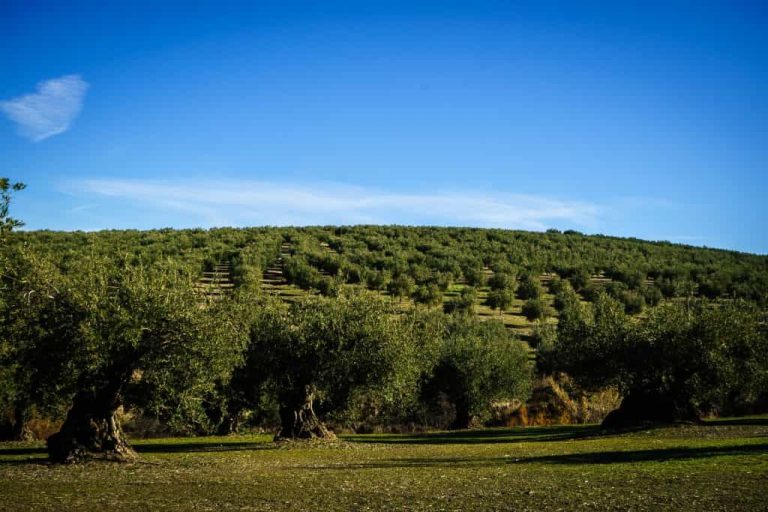
This is a photo taken of one of our olive farms.
Are you wondering which single variety extra virgin olive oil you should try? The taste analysis chart might help you decide.

This taste analysis chart is just a guide to show you the taste of some olive varieties.
It is important to understand that taste is a subjective thing. One might find it very bitter and spicy but another might find the same thing not as bitter. Furthermore, the same olive type might not taste the same in different regions and countries. Or if the olives harvested were at different ripeness with the batches, this could change the taste slightly too.
However, the taste analysis chart might give you a rough idea and help you make a decision, especially if this is your first time purchasing a single variety extra virgin olive oil.
Picual, Picudo, Arbequina and Hojiblanca are some of the extra virgin olive oils Reinos de Taifas produce. As it is heavily dependent on nature, some single variety extra virgin olive oils may not be available for that year’s harvest. If you would like to understand more about our olive varieties, click on the picture below.

